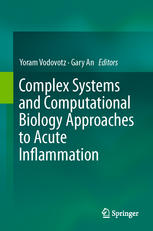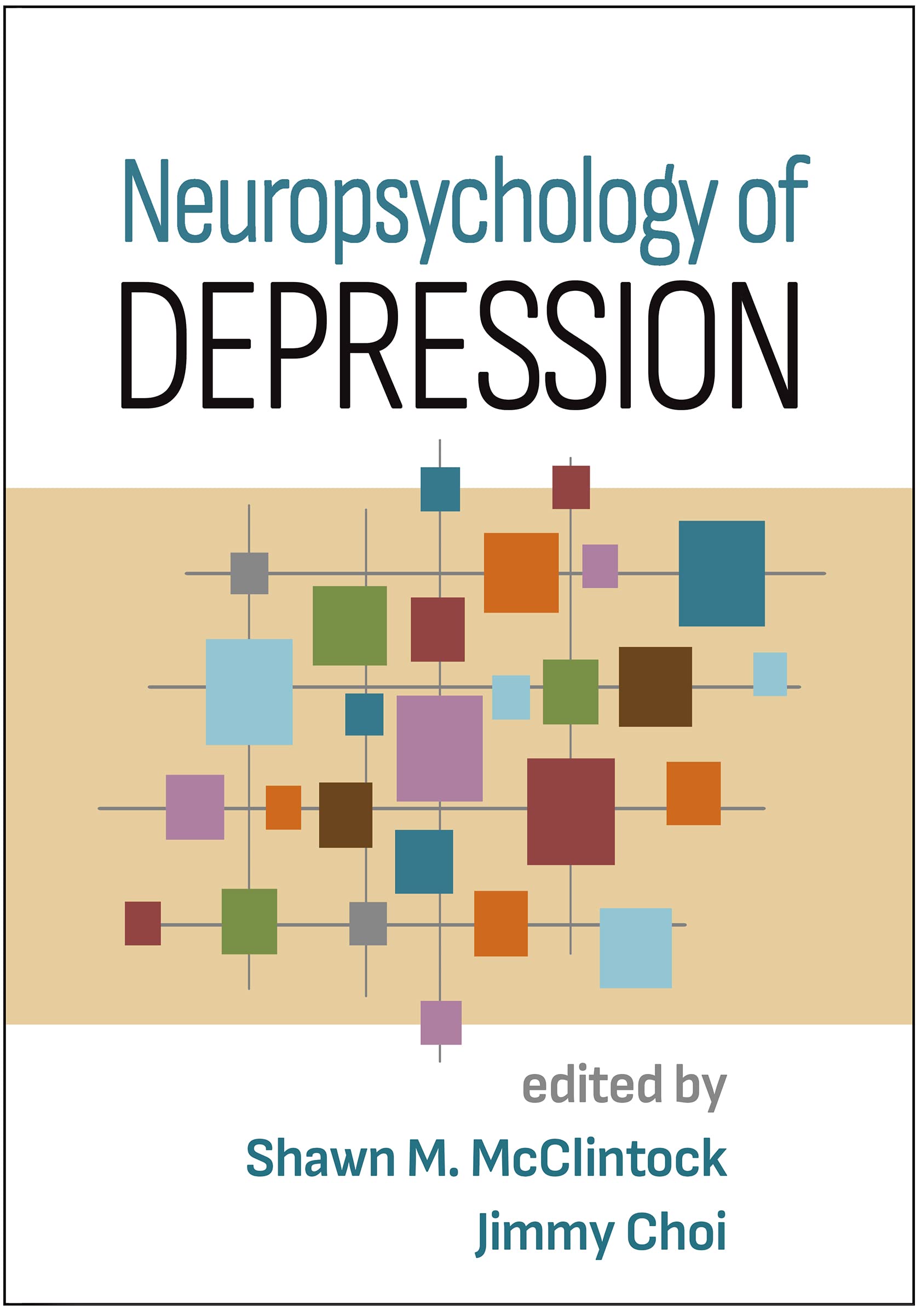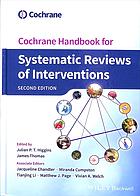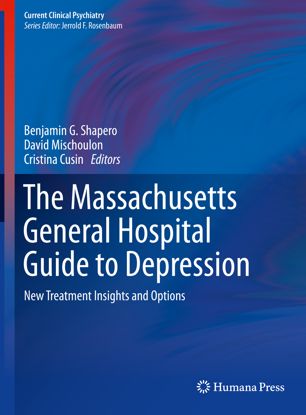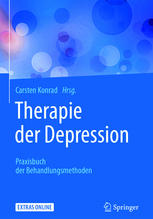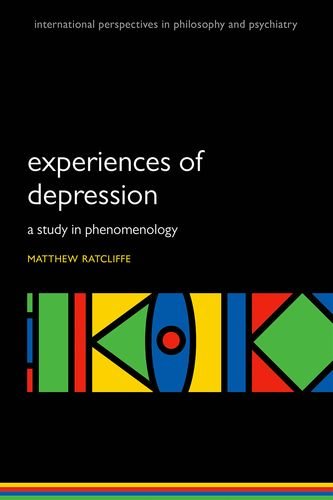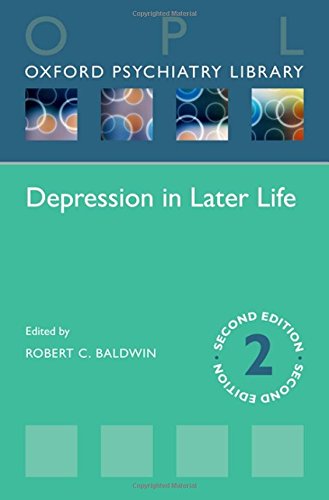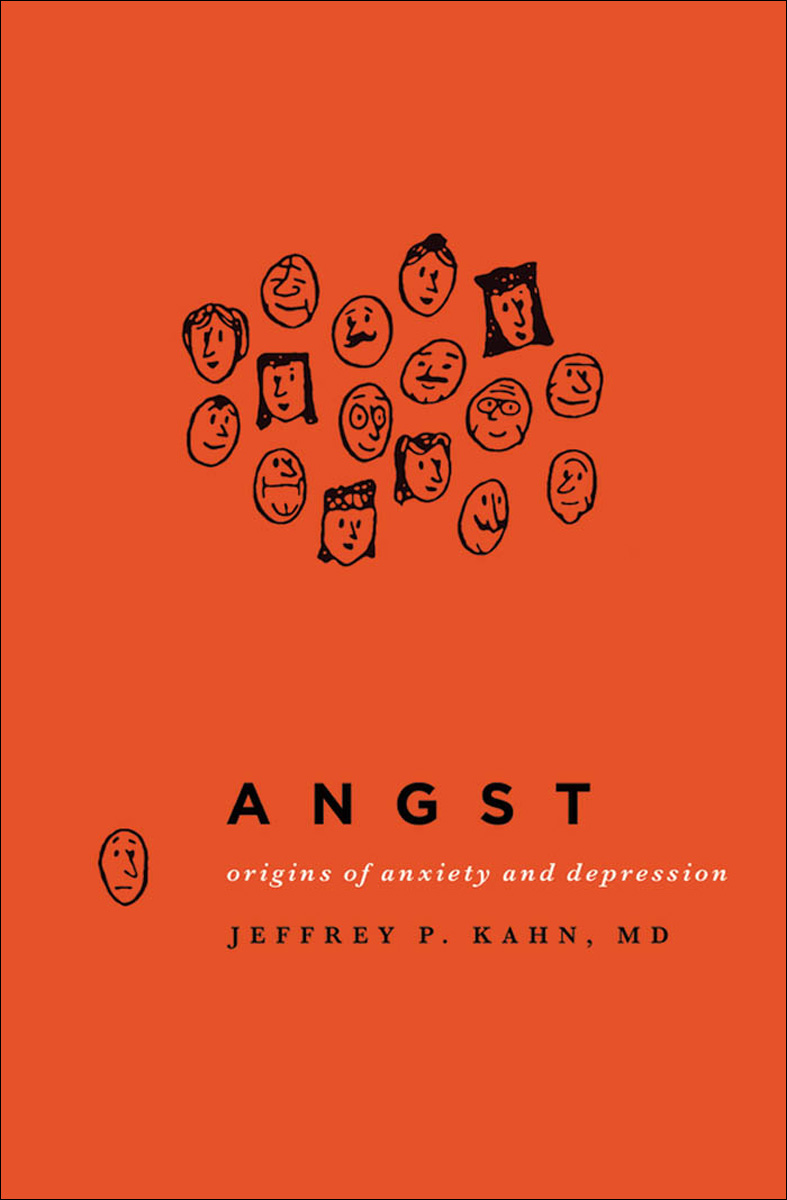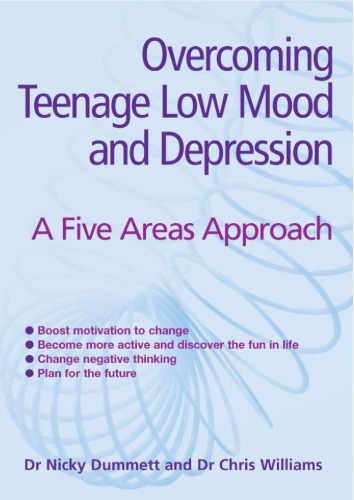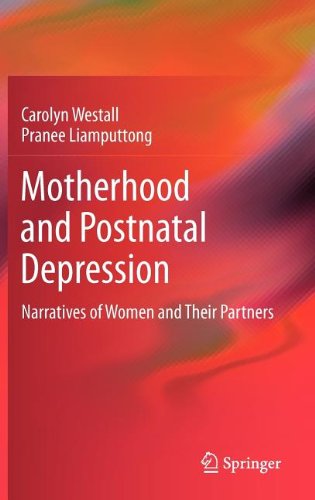سیستم های پیچیده و رویکردهای زیست شناسی محاسباتی برای التهاب حاد ۲۰۱۳
Complex Systems and Computational Biology Approaches to Acute Inflammation 2013
دانلود کتاب سیستم های پیچیده و رویکردهای زیست شناسی محاسباتی برای التهاب حاد ۲۰۱۳ (Complex Systems and Computational Biology Approaches to Acute Inflammation 2013) با لینک مستقیم و فرمت pdf (پی دی اف)
| نویسنده |
Gary An, Yoram Vodovotz |
|---|
| تعداد صفحهها |
291 |
|---|---|
| نوع فایل |
|
| حجم |
6 Mb |
| سال انتشار |
2013 |
89,000 تومان
معرفی کتاب سیستم های پیچیده و رویکردهای زیست شناسی محاسباتی برای التهاب حاد ۲۰۱۳
دشواری در دستیابی به ترجمه مؤثر دانش مکانیکی زیست پزشکی پایه به درمان های مؤثر، بزرگترین چالش در تحقیقات زیست پزشکی است. این در هیچ کجا به اندازه رویکردهای تقلیل دهنده برای درک و دستکاری پاسخ التهابی حاد در تنظیمات سپسیس، تروما/ خونریزی، بهبود زخم و فرآیندهای مرتبط مشهود نیست. این کتاب سیستم ها، روش ها و روش های پیچیده زیست شناسی محاسباتی را مورد بحث قرار می دهد که به اندازه کافی پیشرفت کرده اند تا امکان تولید دانش، ادغام دانش و ترجمه بالینی را در محیط های بیماری پیچیده مرتبط با پاسخ التهابی فراهم کنند. التهاب منظم و خود ترمیم شونده برای ارتباط مناسب و رفع عفونت و تروما و حفظ فیزیولوژی و هموستاز مناسب ضروری است. در مقابل، این التهاب خودپایه است که پاتوفیزیولوژی بیماری های فوق الذکر را هدایت می کند. اکنون به طور فزاینده ای به رسمیت شناخته شده است که کنترل و برنامه ریزی مجدد التهاب به منظور بهره مندی از مزایای این فرآیند حفظ شده از نظر تکاملی بر لغو صرف ارجحیت دارد.


